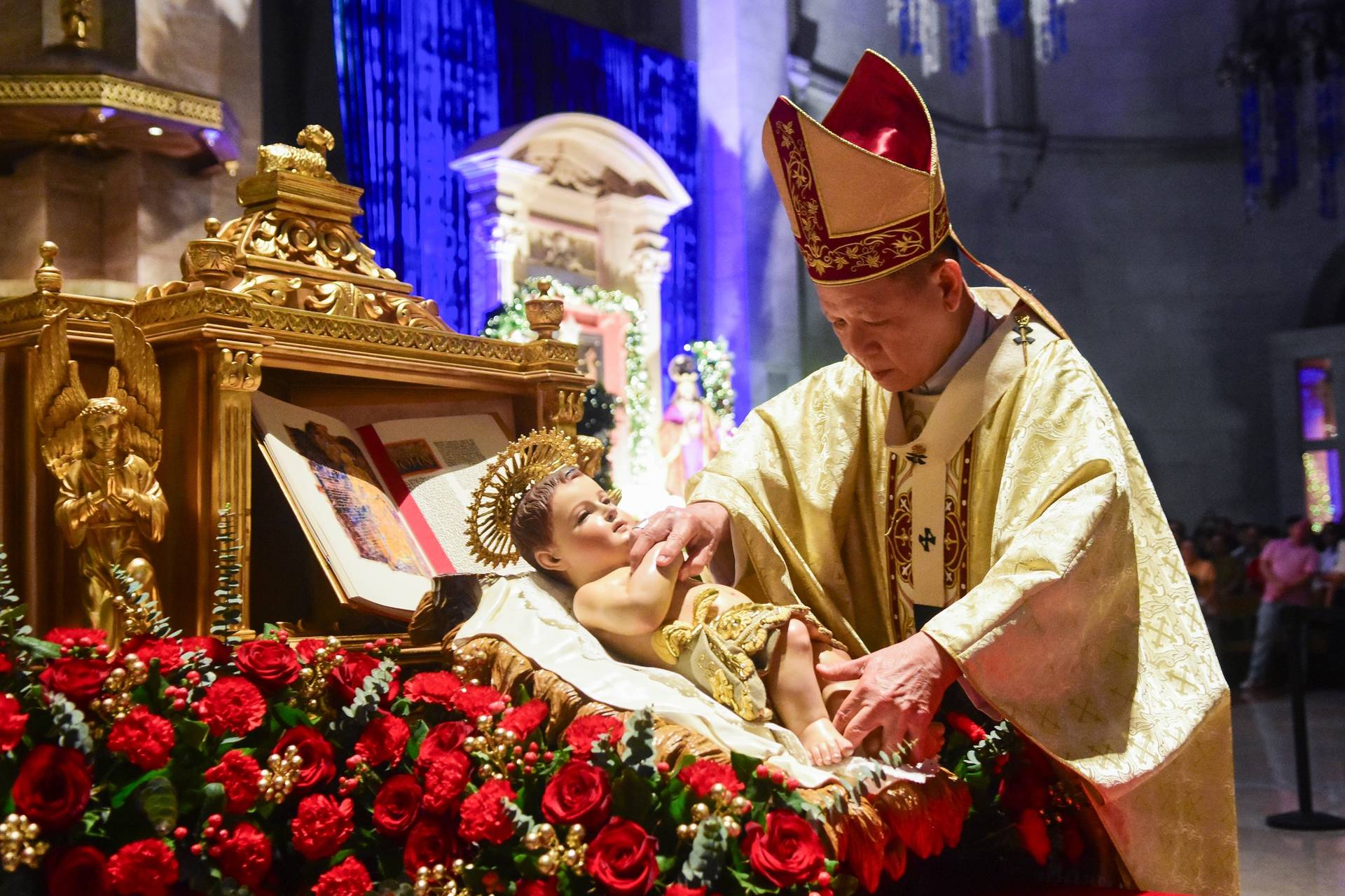YAOUNDÉ, Cameroon – As the campaign heats up in Burundi ahead of a May 17 referendum that could allow President Pierre Nkurunziza to rule the central African country until 2034, the Catholic Church has said it opposes the change.
The draft constitution extends the presidential term to seven years from five, allowing Nkurunziza to run again in 2020. It would limit the president to two consecutive seven-year terms but would not take into account previous terms.
A statement signed by ten Catholic bishops said it was “not the appropriate time to make profound changes” to the constitution.
The President of the Burundi Episcopal Conference, Bishop Joachim Ntahondereye, said that the proposed constitutional changes do not take into account article 299 of the current constitution which stipulates that “no procedure to revise the constitution shall be entertained that endangers national unity, the cohesion of the Burundian people or reconciliation.”
“What we notice is that instead of uniting the Burundian people, the draft constitution seems to have worsened divisions,” the bishop said.
Interviewed by Vatican Radio, Ntahondereye said he feared the referendum could “revive the old demons of division, and that there could be misdirected speeches during the on-going campaign.”
He said opposition figures who had fled the country could use the tense period to reorganize themselves and threaten the present government. The bishop added a “climate of fear” now permeates Burundian society.
Ntahondereye said there were divergent views on the draft amendments, but “many citizens are afraid, even if they don’t voice it. People are afraid to say what they think for fear of reprisals.”
He condemned the abusive use of force and the abuse of power that is now used by some public authorities to suppress the freedom of speech of their political opponents.
The bishops have received the support of the opposition, which has been campaigning for a boycott of the referendum.
“The Catholic bishops have understood that the referendum scheduled to take place on May 17 is a referendum that will plunge the country into a bloodbath; it will completely bury the Arusha accords and will be the harbinger of all dangers. There are people who have died because they did not register to vote. Others have simply disappeared. Violence is raging,” said opposition figure Charles Ndjitijé in an interview with Deutsche Welle.
The 2000 Arusha accords ended years of ethnic fighting in the country after U.N.-brokered talks.
But the permanent representative of Burundi to the United Nations, Albert Shingiro waved aside all these criticisms, telling Deutsche Welle that “the time is ripe for the referendum. It is the result of broad-based consultations that took about a year. Nkurunziza hasn’t declared his candidacy for 2020. We still have two years till then.”
Nkurunziza came to power in 2005 following the Arusha peace and reconciliation accords of 2000 that ended a decade-long civil war between the Tutsi-dominated army and Hutu rebels, in which 300,000 people were killed.
The country’s constitution limits a presidential term to five years, with a maximum of two terms. When Nkurunziza decided to flout the constitution and run for a third term in 2015, violence erupted in what is one of the world’s poorest countries.
The decision generated protests, a failed coup, and hundreds of deaths.
There are rising fears that in the face of the political crisis, the country’s humanitarian situation could worsen: Right now, over 400,000 Burundians have already fled the country to seek asylum.
“The current situation is worrying, as a lot of Burundi’s problems are political at the root and at their base,” says Lewis Mudge, senior researcher in the Africa Division at Human Rights Watch.
“It’s hard to put a timeline on it, but unless these political issues are resolved, I think it’s very possible that we could see even more people fleeing the country, which would put an enormous strain on Burundi’s neighbors,” he told IRIN, a humanitarian news agency.
According to the U.N.’s Humanitarian Response Plan, more than 3.6 million Burundians are now in need of humanitarian aid, while some 2.6 million people lack reliable access to food, up from 1.5 million a year ago and 700,000 in April 2016.
Knowing they can’t get the referendum called off, the bishops are asking that it at least be conducted in a peaceful atmosphere.
“Since our country has chosen the path of democracy, all we can wish for is that the referendum is carried out peacefully and that no Burundian should be pressured to vote,” the bishops statement concluded.

















